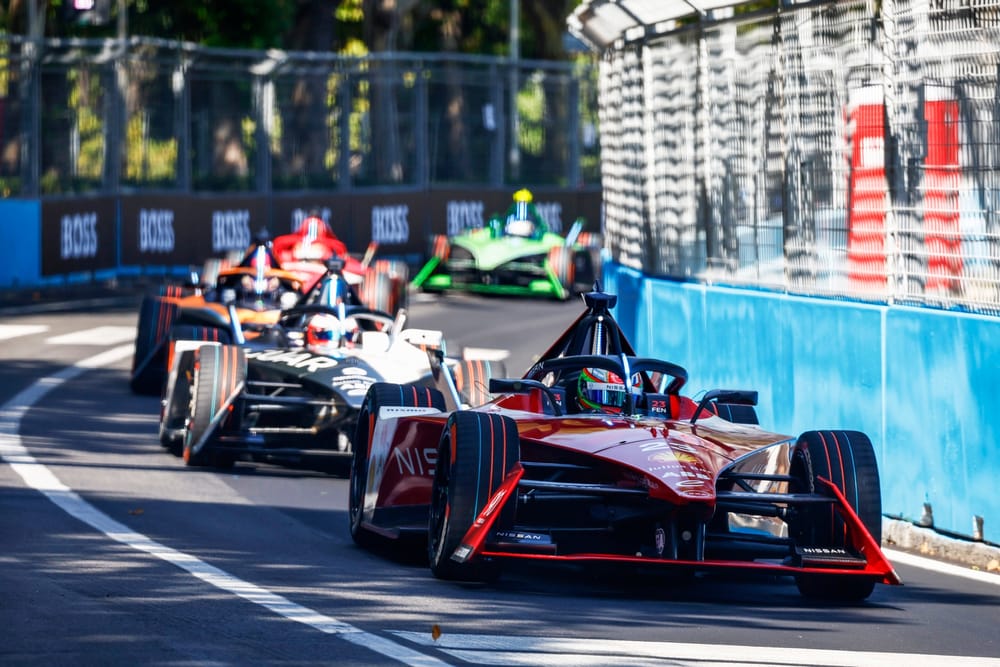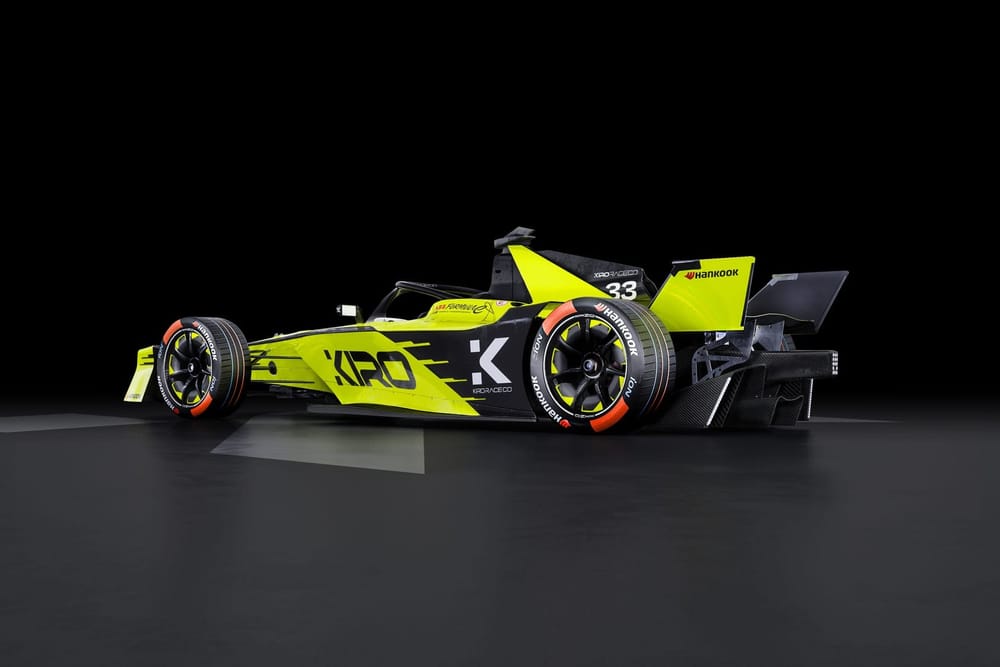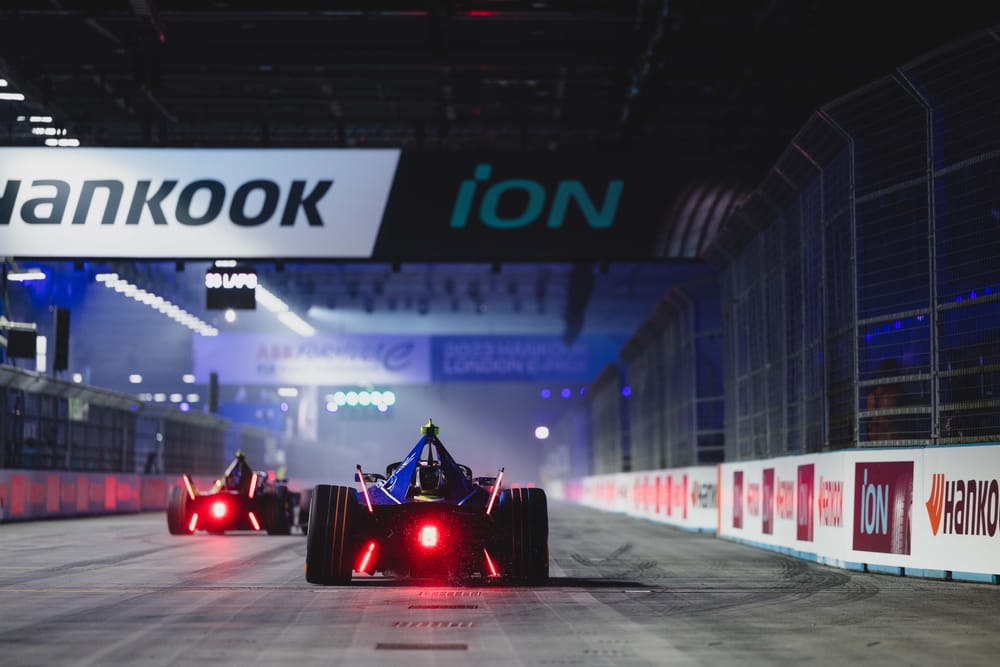The Jaguar and Nissan Formula E teams will become the first to serve a penalty for breaching Formula E's cost cap.
Both were adjudged to have overspent on aspects of the championship's first financial regulations window covering what's officially called the 2022-23 campaign (which we refer to from here as the 2023 season as no races took place within the 2022 calendar year).
As a result, both teams will be forced to sit out the first half day (three hours) of testing at Valencia next month as the first of two punishments imposed by the FIA for minor overspend on the teams' cost cap of €13million per season budget.
Nissan Formula E Team has also been fined €300,000 for an under 2% breach (equivalent to €269,252), while Jaguar Racing (Jaguar TCS Racing is the trading name of the entrant team) was hit with a financial penalty of €100,000 for a 0.6% infringement, which equates to £73,849.
Both teams have recognised an ‘Accepted Breach Agreement’ (ABA) from the FIA - a procedure that was also implemented in the Red Bull Racing breach of 2022 in Formula 1.
A statement issued by the FIA said of both teams that "the Cost Cap Administration recognised that they have acted cooperatively throughout the review process and have sought to provide additional information and evidence when requested in a timely manner, that this is the first year of the full application of the financial regulations and that there is no accusation or evidence of aggravating factors or that they have sought at any time to act in bad faith, dishonestly or in fraudulent manner, and nor has it wilfully concealed any information from the Cost Cap Administration."
In the 2023 season Nissan ran Sacha Fenestraz and Norman Nato and finished seventh in the teams’ standings with 95 points, with highlights of a pole position for Fenestraz in Cape Town and a second place finish for Nato at the second Rome E-Prix in July.
Jaguar ran Mitch Evans and Sam Bird, with the former finishing third in the drivers' table after four wins, and it claimed a close second to its customer partner Envision Racing in the teams’ standings.
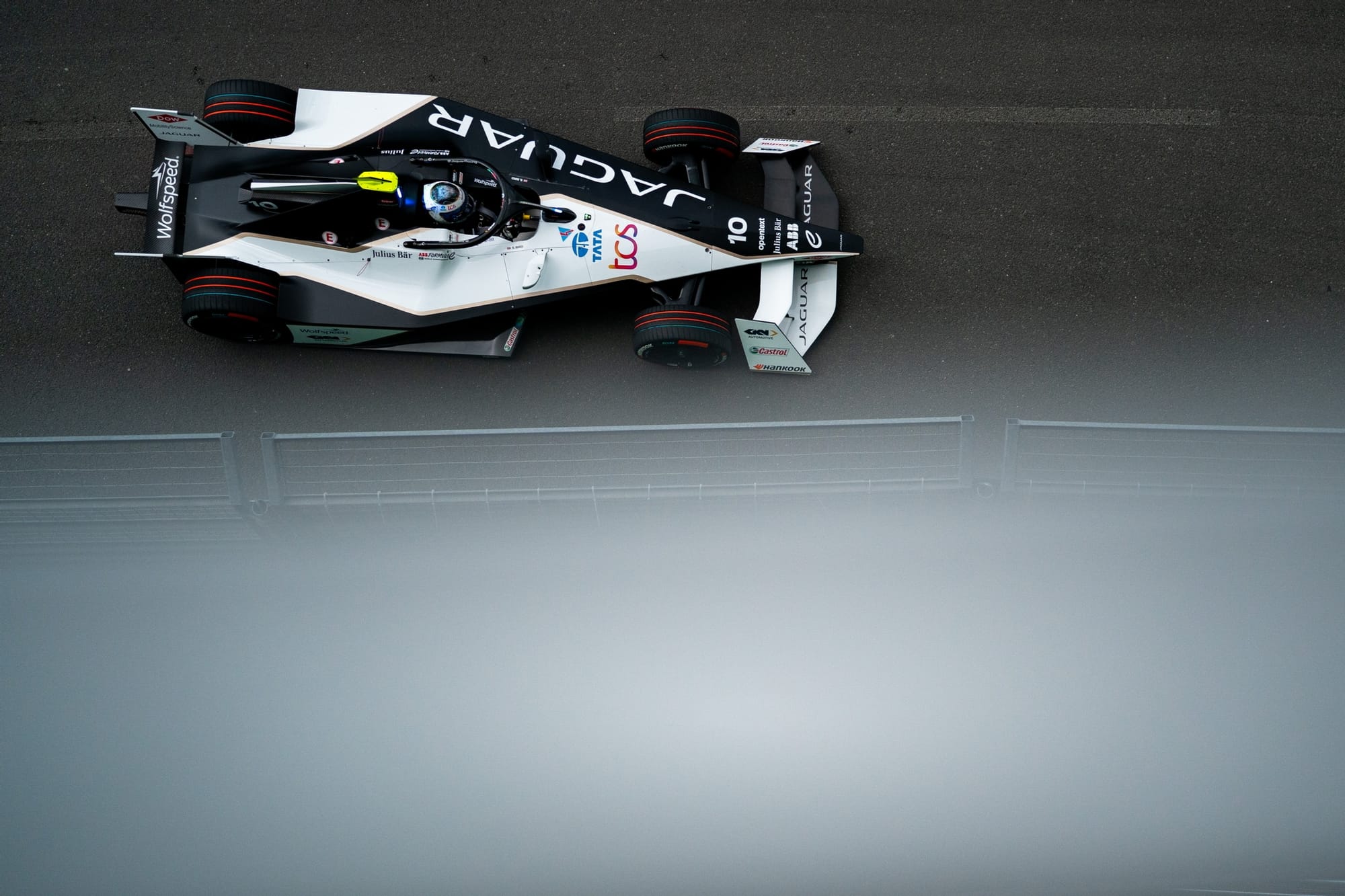
Nissan said part of the misunderstanding it blamed its breach on related to organisational changes it was making as it brought its FE programme in-house after it - and its Renault-branding predecessor - had previously been run by the e.dams team.
"Nissan Formula E team recognises to have unwittingly and unintentionally incurred in a minor procedural and overspend breach of 2.0% of the cost cap," it said in a statement supplied to The Race.
"The team has therefore signed an Accepted Breach of Agreement (ABA) as offered by the FIA Cost Cap Administration in order to resolve this matter.
"Following a very cooperative review process with the Cost Cap Administration and an exhaustive internal audit, Nissan Formula E team has determined that these minor breaches are exclusively related to the process of interpretation and adaption of the new financial regulations at a time when the team was also facing specific challenges linked to its change of ownership, full restructure, and relocation.
"Nissan Formula E Team has since put in place all the necessary precautions to avoid these kinds of miscalculations and oversights in the future."
Jaguar, which recently advertised for a ‘cost cap analyst’ to join its accounts department, also released a statement which detailed that "following consultation with the FIA, we believe that had we filed correctly we would have been fully compliant with teams’ cost cap and the minor overspend breach would not have occurred.
“Unfortunately, we understand a refiling is not allowable by the current regulations and therefore due to these unintended procedural errors we are in a very minor overspend position.
"At no time did we seek or gain a technical or sporting advantage, as can be seen and confirmed by the Cost Cap Administration’s findings and the nature of the ABA.
“We will continue to work closely with the FIA going forward on the development and application of the cost cap and in the best interests of Formula E – the pinnacle of electric racing.”
The Race understands that Jaguar’s transgression centred upon a senior member of its staff being erroneously filed as a team cost when they should have been filed as a manufacturer item.
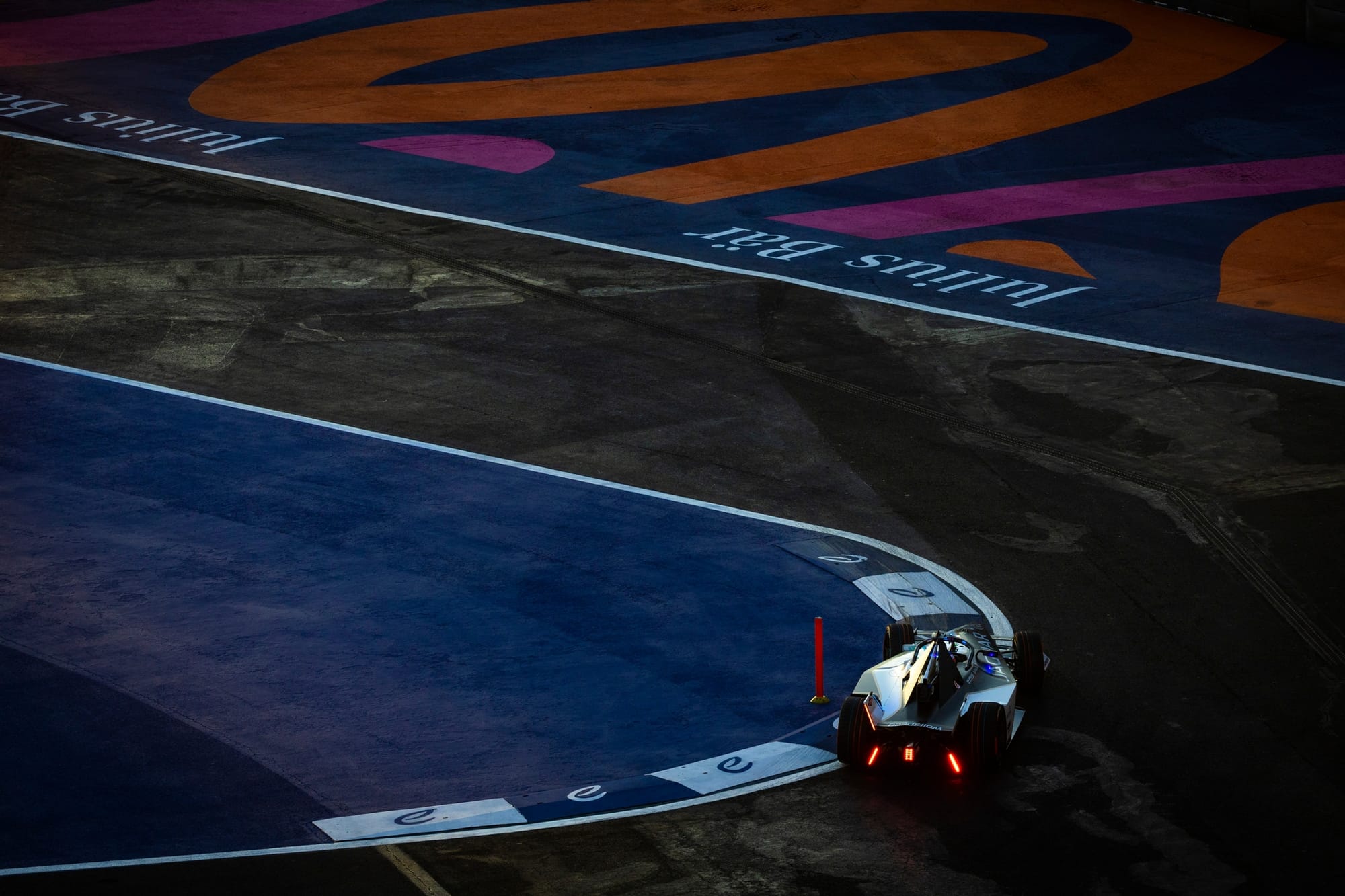
Are the penalties harsh or fair?
Oliver Rowland, Norman Nato, Mitch Evans and Nick Cassidy will get a few extra hours in their Valencia hotel beds next month when they are barred from taking part in the first morning of testing.
In reality the loss of three hours at a track that is well-known and with a further two and half days of running to come is a reasonably soft landing for the two teams, especially considering that both get a total of 20 allocated manufacturer test days per season anyway.
Yet in other contexts it could also be viewed as a pretty harsh penalty for Formula E’s first ever cost cap infractions.
That is largely because the landscape of the 2023 campaign, the first of the Gen3 era, was shrouded in chaos after a messy opening to the third era of Formula E. This was amid issues with the spec battery, brakes... or lack of them! Even the mirrors were not fit for racing purpose and were among the myriad issues that reset testing schedules and parts supply.
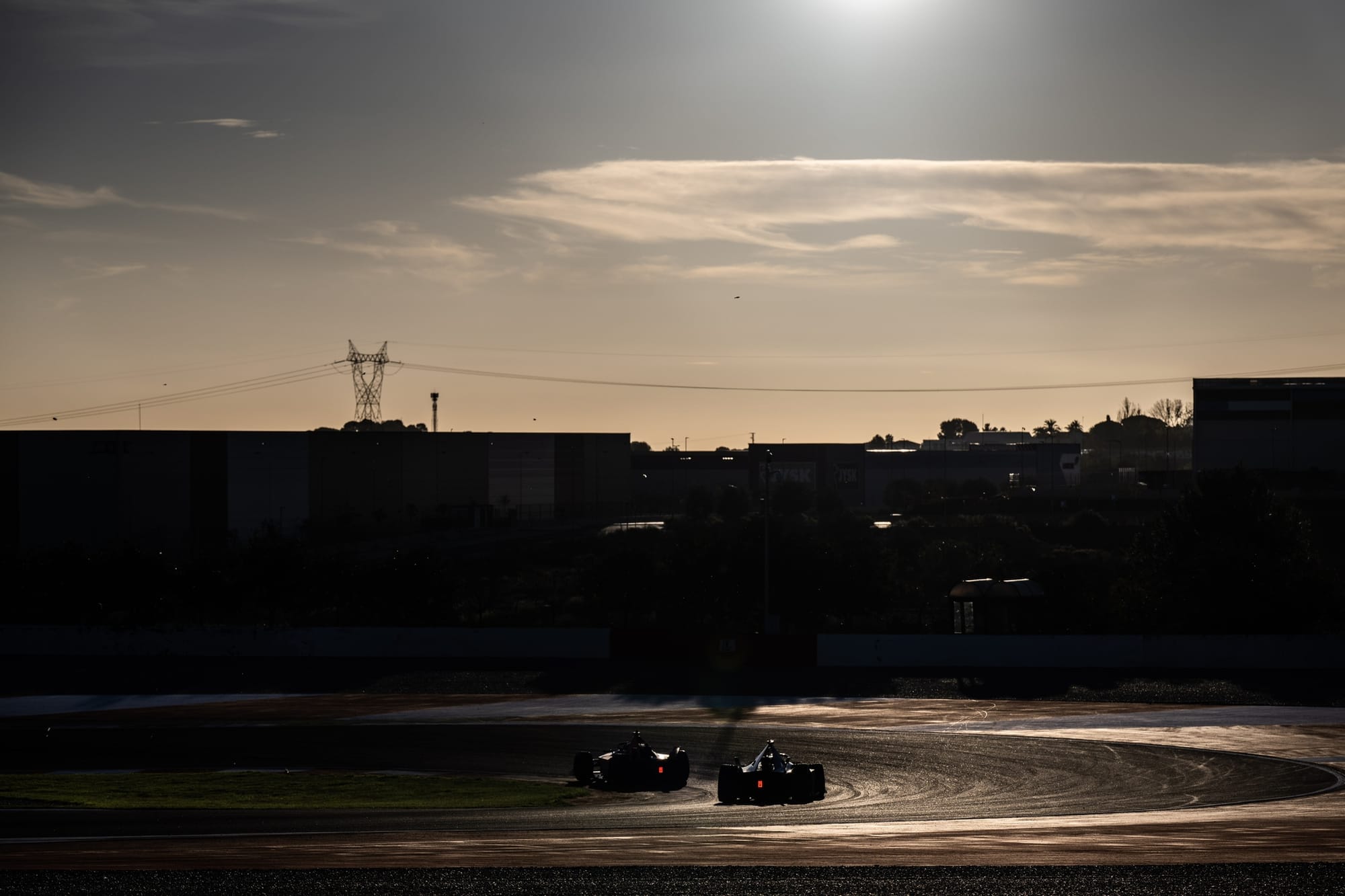
In addition, it is also highly likely that Nissan shared some of the cost with its brand affiliate Alpine, with which it works closely on several aspects of the Nissan Formula E project.
Also, back in 2023 Nissan was a very differently constructed team, as reflected in its above statement, with more scattered suppliers and operations than it has now in a bespoke headquarters next door to the Alpine F1 engine base in Viry Chatillon, south of Paris.
The Race has learned that Nissan’s offence was treated as a minor infringement only, with aspects of it believed to have come from errors in some costs via the team. Remember that Nissan has separate budget caps (€13m for the teams and €15m for the manufacturer – the last of these over two seasons including the 2024 campaign.)
The background in which the penalties could be deemed as harsh has two very precise and separate points.
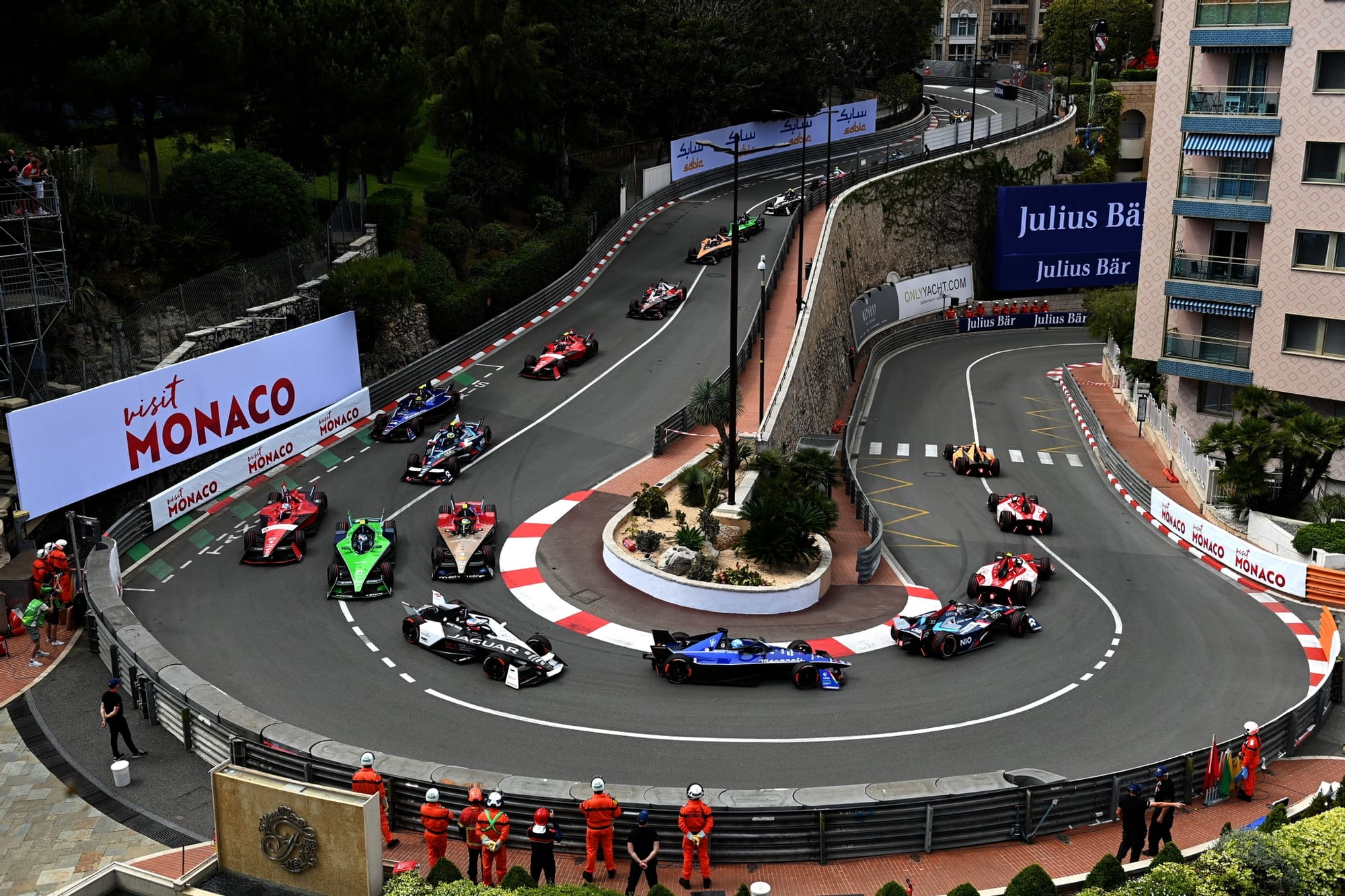
The first is that The Race has been told that it was articulated to teams at Formula E Teams' and Manufacturers' meetings that the first season of the financial regulations would have an outlier of tolerance and an amount of open-mindedness on minor auditing infractions.
In particular, what might stick in the craw of Nissan and Jaguar will be the fact that they, along with other manufacturers, faced a huge amount of disruption and cost over the ragged birth of the Gen3 era in which several components had to be altered and extra testing had to take place.
Stories of senior staff having to fly economy instead of business and changes to engineering team structures to achieve budget targets have fluttered around the paddock for the last year or so.
But more importantly is the wider picture of whether or not a slight brain-drain is permeating the world championship now as salaries are capped and belts are tightened more.
The drivers’ salaries sit outside the caps so are not affected, although that is up for review in 2026.
At this stage Nissan and Jaguar are the only known transgressors of the 2022-23 financial audit, although manufacturers had the option to spread budgets over to the 2023-24 season as well, so perhaps there will be more penalties to come for other entries too.
The deadline for final submission of the manufacturer audits for the 2022-23 and 2023-24 seasons combined is November 30.
Did penalties make 'exceptions' for Gen3 issues?
A concern within Formula E remains the inferred relation to the F1 cost cap in the sense that it is felt that the F1 model is too often assimilated to the Formula E through processes and protocol, particularly financial sanctions and how they are calculated.
This has been a talking point in Formula E, specifically given the expectation that some expectations - which the FIA could have granted over the Nissan offence, which is just under the 2% ratio of the cost cap (€13m) - would be granted in the first Gen3 season.
If that is the case then what is the standard in ‘normal’ seasons for the financial hit the teams will take in the future?
In addition to the pivoting that teams had to do in 2022/23 over the difficulties of Gen3, the fixed costs are a major part of the all-electric world championship’s structure, meaning that a significant amount of accident damage is very costly.
This certainly affected Maserati MSG’s season in 2023 after serious wrecks by Max Guenther in Diriyah and Edoardo Mortara in Cape Town and Rome.
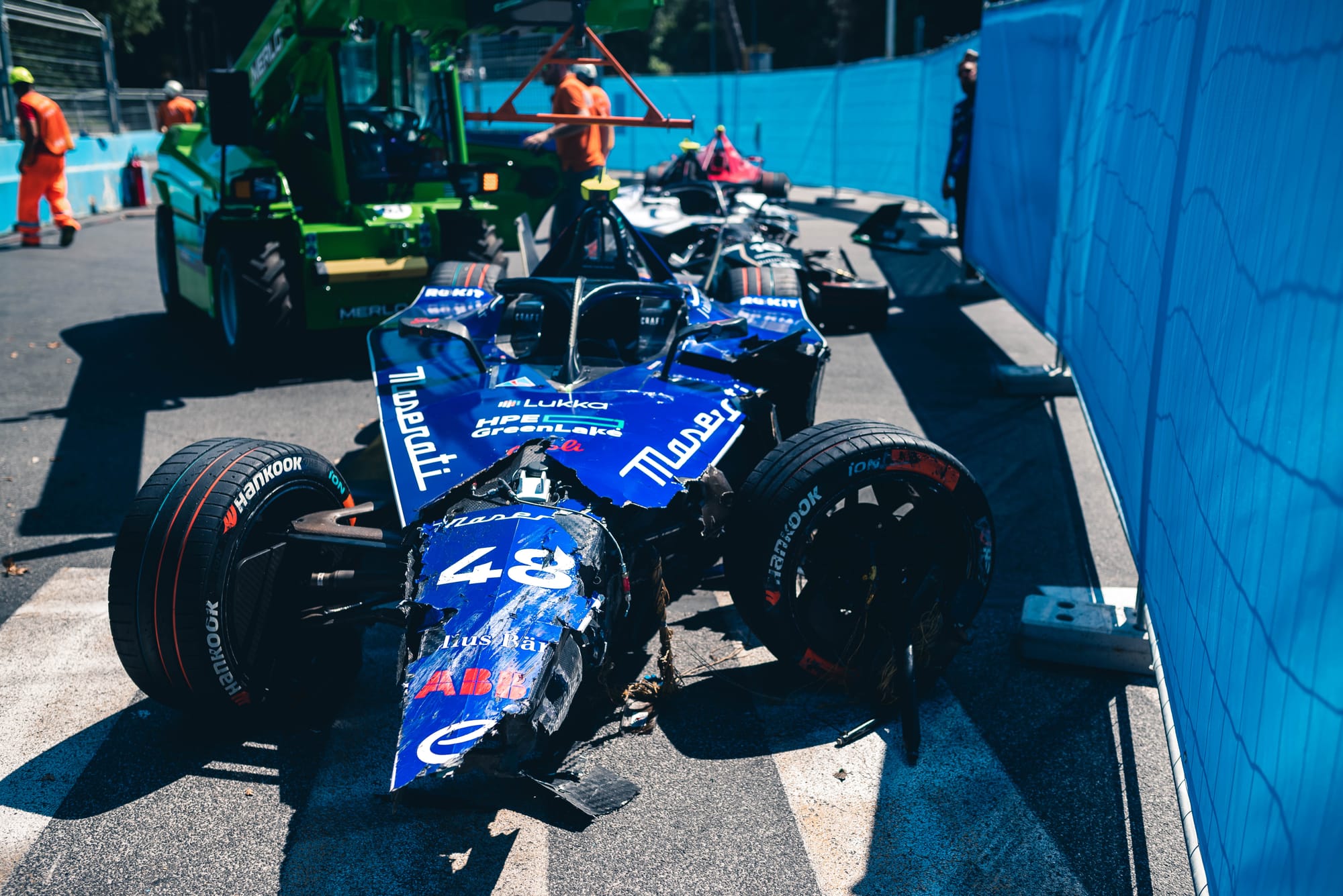
More pertinently in light of today’s penalties, Jaguar also suffered significantly in this department with Sam Bird destroying two cars in accidents. The first in qualifying at Cape Town last February when trying to avoid the aforementioned Mortara shunt, and then in Rome, when conversely he triggered the accident that destroyed the second Maserati of the season.
Opinions don’t differ on whether the financial regulations are a good idea or not because clearly they are an inherent part of the world championship’s stability and ongoing sustainability. There are some - customer teams mainly - that say the cost cap should be lower while conversely some of the manufacturers would like to see an increase, which there will undoubtedly be, as Gen4 hits in 2026.
Nissan and Jaguar will very likely feel that aspects of the sanctions against them are harsh but at the same time they will have to agree that irrespective of the seriousness of the breach, which are minor ones, had to be penalised somehow.
The greater questions perhaps could be that Formula E teams had a ‘soft launch’ in 2021-22 ahead of the official cost cap coming in, meaning that despite the disruption of the Gen3 issues, the teams did have plenty of time to get au fait with what they needed to manage and be diligent on.
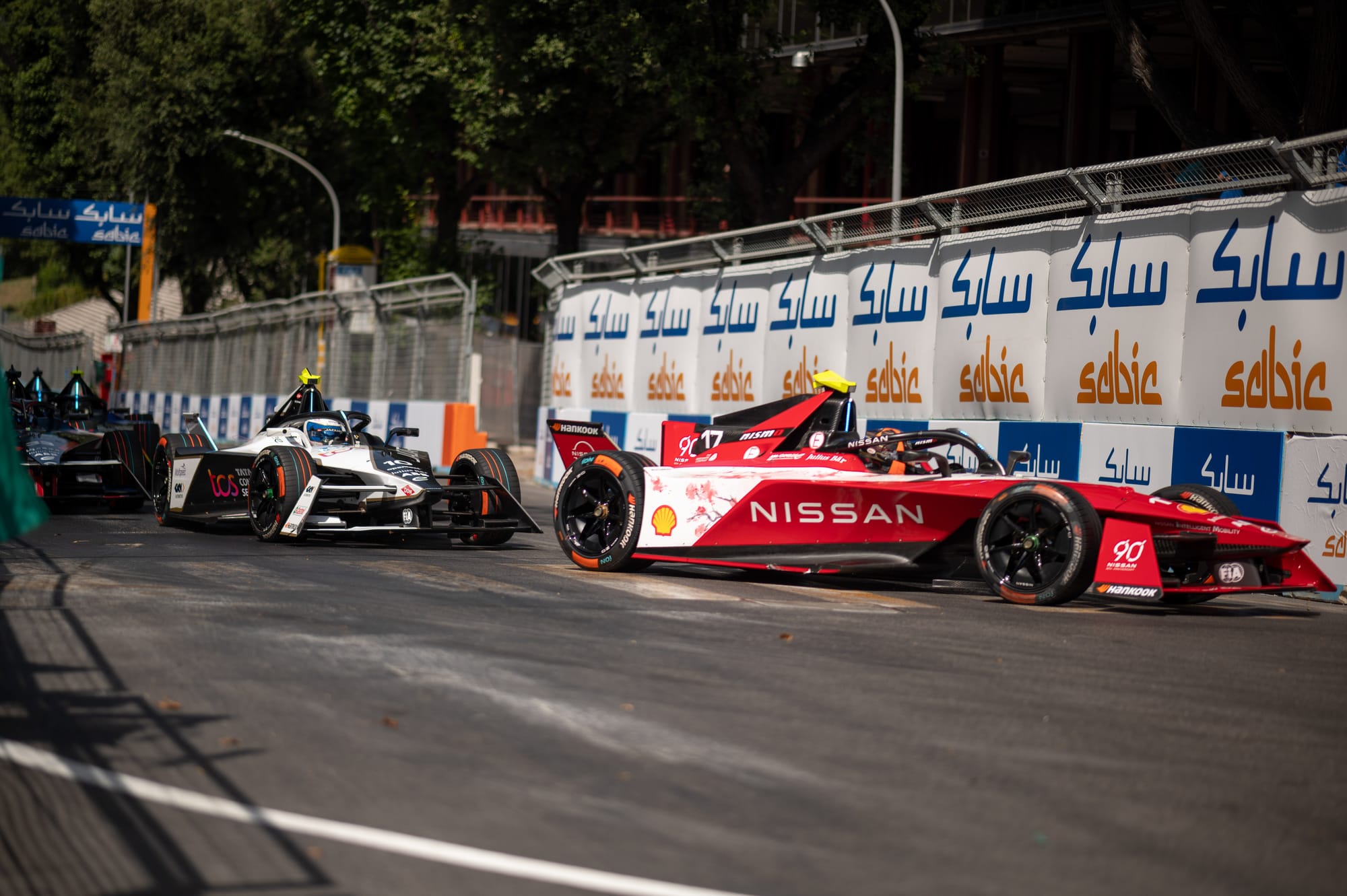
Also, the wider situation yet to be identified is why it has taken the FIA almost a year to come to these decisions? Surely if the teams are only being made aware now, then the 2024 campaign just gone may have also featured breaches.
Could all this be damaging for future manufacturers thinking of coming into Formula E?
That is likely to be offset by the general cost-effective nature of Formula E, which for a global championship has provided for itself a strong ‘bang for buck’ philosophy now.
Yet might it be better if the manufacturers' cost cap were to be reduced for the second homologation of a rules set to entice new names for the Gen4 period and beyond?
As ever in professional motorsport, the hope is that lessons will be learned and regulations adapted in light of these first case studies that have landed, better late than never.


